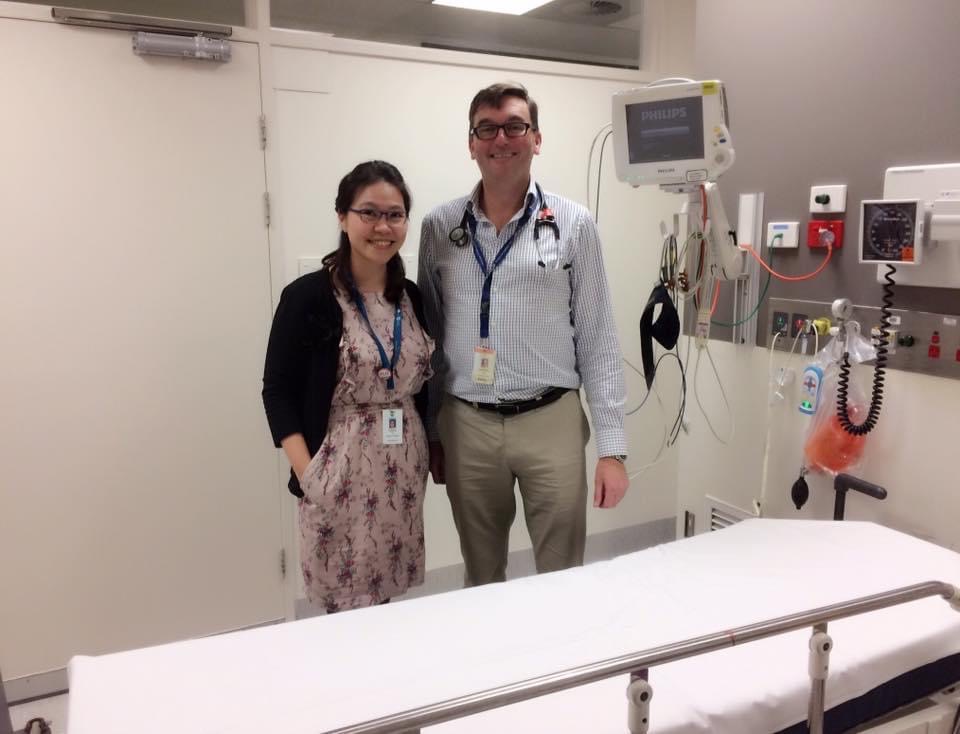How the ECR grant kickstarted Dr Celene Yap's research in emergency care
Dr Celene Yap shares how the ECR grant helped her make a difference

Dr Celene Yap’s passion for research grew after her PhD, resulting in a research fellowship with the Department of Nursing and an ECR grant.
“I see grants as encouragement, as it highlights how little we know in research,” she says.
"This grant enabled me to lead my first independent application for a research grant project”.
“I learned how to write proposals, to manage time effectively, and convince funding bodies that my projects were worth funding.”
“Having strong networks with hospitals is essential for a successful project”.
Celene built these connections through her supervisor at the Royal Melbourne Hospital.
Celine understands the importance of collaborating with hospitals, particularly nurses, when conducting trials. Her consultations with nurse educators and unit managers taught her the process of patient recruitment, and the criteria for a successful trial. Understanding what works best from a nurse's perspective and their involvement in patient care helps to implement procedures and run trials.
“Nurses can help you enhance your research design and improve outcomes, enabling smoother transition into practice,” she said.
A strong advocate of patient rights, Celene sees patients as much more than just PhD case studies.
“You can’t improve patient care if you don’t consider the patients’ interests,” she says.
Stepping up to the challenge, she persevered to master qualitative research methodology and have patient input in her PhD.
Celene had an early interest in mental health, noticing how patients struggled to seek care compared to other medical conditions. Initially, she pursued a degree in Pharmacy, getting an internship as a clinical pharmacist. She completed her masters at University College London, and then returned to Malaysia to lecture Clinical Pharmacy at University of Technology MARA. Keen to expand her research opportunities, the next phase of her career saw her moving to Melbourne to complete her PhD at Monash University.
“Australia has a high standard of care informed by research advancements and I am pleased to be a part of the process every day,” says Celine.
Balancing her post-graduate certificate in program evaluations alongside research work and family to bring her publication, Don’t Label Me: A Qualitative Study of Patients’ Perceptions and Experiences of Sedation During Behavioral Emergencies in the Emergency Department, to life is among her proudest achievements. After maternity leave, the Career Interruptions fellowship helped Celene kickstart her career again.
“Perseverance is the most important skill a researcher needs,” she says.
“Research projects can last several years, and you face many new challenges and obstacles throughout, but the end result is extremely rewarding.”
“What you do today may not help everyone, but if I can help change even one person’s life for the better then it’s worth it”, and it’s the ability to make a difference that motivates Celene to do what she does. Go to her LinkedIn to discover the impact Celene has made through her research.
